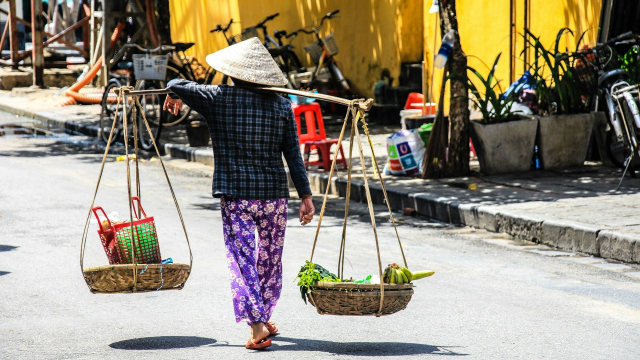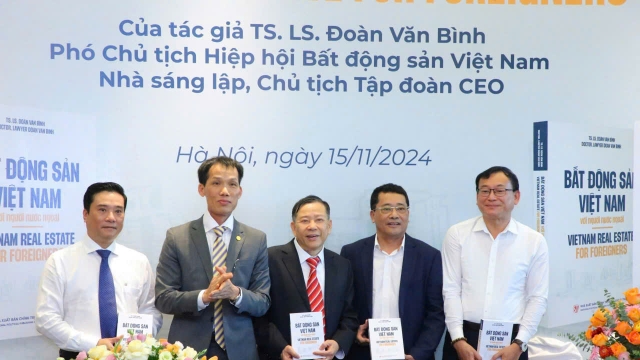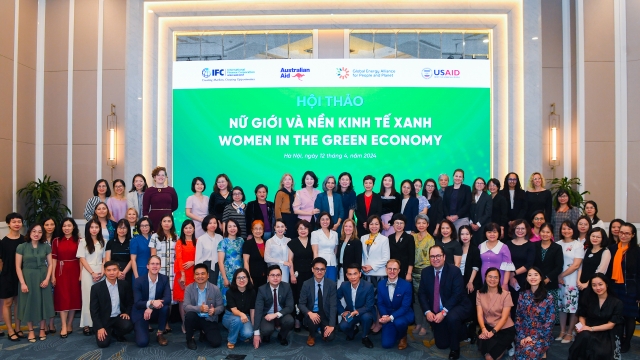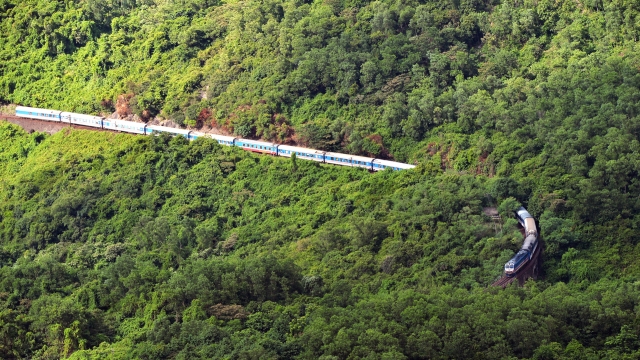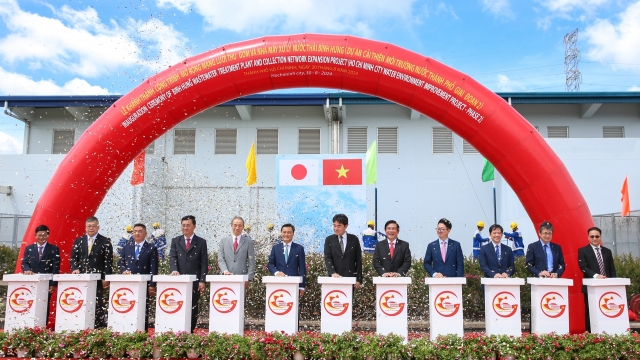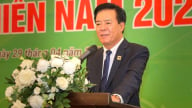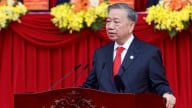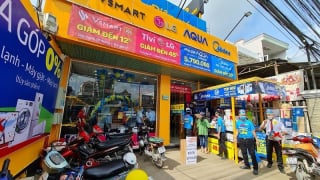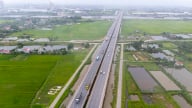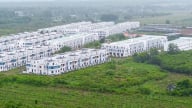National Focus
Private capital to finance Vietnam’s future energy development: WB
The changing macroeconomic and sectoral context in Vietnam requires a new approach to financing electricity and gas investments, according to the World Bank Group.

Vietnam has experienced double-digit growth in energy demand, calling for continued high levels of investment in the electricity and gas sectors. From now to 2030, Vietnam’s electricity sector requires new investments of about $10 billion annually, higher than the average of $8 billion for the 2011 - 2015 period.
Meanwhile, the development of the gas sector is estimated to require about $20 billion between 2015 and 2035.
However, Vietnam’s traditional financing model for energy infrastructure has relied mostly on public investment by state-owned enterprises including Electricity of Viet Nam (EVN) and PetroVietnam (PVN), backed by government guarantees, with significant domestic and international private sector participation.
While EVN and PVN will continue to play an important role in developing new infrastructure, the World Bank Group said that the vast majority of new gas and electricity investments will need to come from private players, the report argues. Moving into this direction is in line with the government’s strategy and objectives of financing the energy sector in the future.
A recent report titled Maximizing finance for development in Vietnam’s energy sector of World Bank Group says that an enabling environment needed for private players to drive the next wave of electricity and gas investments.
Accordingly, the traditional financing model which relies mostly on public investment by state-owned enterprises is facing the unviability. The changing macroeconomic and sectoral context means that the traditional approach to financing electricity and gas investments is no longer sustainable.
“Given the limited fiscal space and the reduction of concessional financing available going forward, it will be important for Vietnam to step up mobilizing alternative capital resources for the electricity and gas sectors,” said the World Bank Country Director for Vietnam Ousmane Dione.
He highlighted that the government should address comprehensively the constraints currently impeding the flows of domestic and cross border private capital into two of the most strategic segments of the Vietnamese economy.
“We observe a large interest from private investors to participate in the vast growing energy market in Vietnam, especially in renewables and liquefied natural gas development. They are willing to invest as long as the projects are well-structured and bankable,” said Franz Gerner, the World Bank’s Lead Energy Economist, and the study’s lead author.
Franz Gerner expressed that what investors need is a transparent and stable regulatory environment which incorporates a proper risk-sharing mechanism among all parties.
To remove constraints and maximize financing available for electricity and gas investments in Vietnam, the World Bank Group proposes a well-coordinated policy effort around three pillars.
Those include developing a major PPP/IPP (public private partnership/independent power producer) program for new power generation as part of the development of Power System Development Plan 8 to build investor confidence, enhancing the financial standing and creditworthiness of EVN and PVN to enable them to access commercial finance without government support, and increasing the availability of local currency financing which is critical for both project finance and corporate project finance.
CPTPP enters into force in Vietnam today
Lives under the scorching sun: Outdoor workers racing against climate change
Under unforgiving conditions, the outdoor workers - the backbone of urban economies - endure the harshest impacts of climate change while remaining overlooked by social safety nets. Their resilience and struggles highlight the urgent need for better protection in the face of rising temperatures and precarious livelihoods.
CEO Group chairman unveils guide to Vietnam real estate for foreigners
Doan Van Binh, Chairman of CEO Group and Vice President of the Vietnam National Real Estate Association, introduced his latest book, “Vietnam Real Estate for Foreigners,” at a launch event in Hanoi on Friday.
Women leading the charge in Vietnam's green transition
Acting for increased women’s participation and leadership in climate action, Vietnam can accelerate a transition that is more inclusive, just, and impactful.
Steam for girls: A journey of passionate and creative girls
The "Steam for girls 2024" competition provides a creative platform for Steam and an opportunity for students to connect with peers from various regions within Vietnam and internationally.
Politburo backs North-South high-speed railway proposal
The Politburo on Wednesday supported a plan to invest in a high-speed railway along the country’s North-South axis, marking a crucial step for the multi-billion-dollar project aimed at boosting economic growth and infrastructure development.
Ho Chi Minh City inaugurates Japan-funded wastewater treatment plant
Ho Chi Minh City has inaugurated the expanded Binh Hung wastewater treatment plant, now the largest facility of its kind in Vietnam.


















